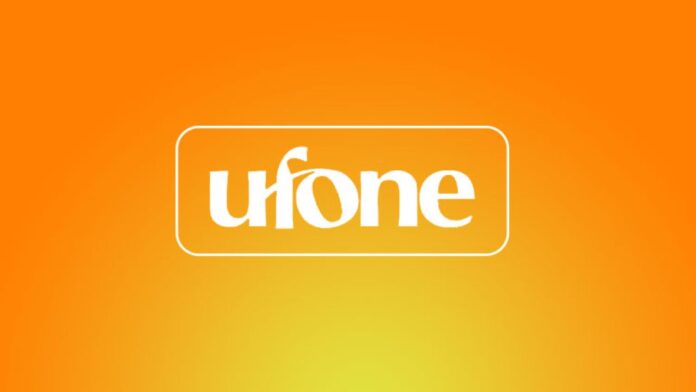At the heart of sound corporate governance lies a fundamental principle: a company’s management bears a fiduciary responsibility to act in the best interests of its shareholders. But what happens when those shareholders appear indifferent to massive financial losses?
This troubling scenario is unfolding with Ufone, Pakistan’s state owned telecom operator. Earlier this month, headlines quoted the IT Minister claiming that “Ufone losses are not the government’s concern.” Her rationale? Management control of Pakistan Telecommunication Limited (PTCL) and its subsidiary Ufone rests with Etisalat (now rebranded as E&), absolving the government of responsibility for the mounting losses.
This position seems strikingly at odds with financial reality. The government remains PTCL Group’s majority shareholder with approximately 62% ownership. Far from being insulated, public finances have absorbed significant damage. The Group’s losses, primarily driven by Ufone, have resulted in negative cash flows of approximately Rs. 15 billion over the past two fiscal years, according to the latest State Owned Enterprises (SOE) report from the Ministry of Finance.
To understand this apparent contradiction between ownership and accountability, we must examine the complex story of Pakistan’s state-owned mobile operator in detail.
A brief history of Ufone
After more than a decade of inception of the mobile industry in Pakistan and the success of Mobilink, PTCL decided to enter the sphere in 2001 by launching its brand, Pakistan Telecommunications Mobile Ltd. (PTML), popularly known as Ufone. It began operations by capturing market share at an unprecedented rate, so much so that by 2006, it controlled 21.7% of cellular subscribers and 17.9% of the industry’s revenue, merely five years after its launch.
As the telecom market expanded further, more players emerged. During the era from 2004 to 2008, three more companies launched their operations in the country, which included Telenor, a Norwegian telecom corporation; Warid, a nascent telecom company established by Abu Dhabi’s ruling Nahyan family, and Zong that was backed by the China Mobile group based out of Beijing, China. This marked the beginning of an era of cutthroat competition in the telecom industry which lasted for a decade. The period witnessed five companies competing with another to cement their place in the market. However, despite intense competition, Ufone managed to remain in the middle of the lot, swaying between the second or the third spot throughout the era. The content in this publication is expensive to produce. But unlike other journalistic outfits, business publications have to cover the very organizations that directly give them advertisements. Hence, this large source of revenue, which is the lifeblood of other media houses, is severely compromised on account of Profit’s no-compromise policy when it comes to our reporting. No wonder, Profit has lost multiple ad deals, worth tens of millions of rupees, due to stories that held big businesses to account. Hence, for our work to continue unfettered, it must be supported by discerning readers who know the value of quality business journalism, not just for the economy but for the society as a whole.To read the full article, subscribe and support independent business journalism in Pakistan

























